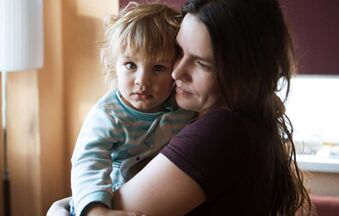永远别对孩子说这些话
|
It's my way or the highway According to a study done at the University of New Hampshire, children of authoritarian parents-ones who demand compliance from children without an explanation of why they've established rules and standards-are more likely to be disrespectful and get themselves into trouble. They say having rules is fine, but respectful, two-way communication with your kids is also important. You should be ashamed of yourself Not only is shame unhealthy for people of all ages, it can make kids who have high self-esteem act aggressively, according to researchers at the University of Michigan. Narcissistic kids feel more threatened when they're shamed, leading them to lash out and respond defensively. You're perfect If your child has low self-esteem, you might think it's a great idea to praise them highly when they do something well. Not so, says Brad Bushman, professor of communication and psychology at Ohio State. Instead, it might make them anxious about having to meet high standards, which can lead to avoiding new challenges. You're so special Naturally, many parents think their children are special. But telling a child they are better or more deserving of success than other kids can turn them into a little narcissist, according to research done at Ohio State University. Narcissism isn't just garden-variety high self-esteem, but the belief that others are not as good. You'll always be my little girl/boy It's natural for parents to want to protect their kids from harm. But it's important to help them develop the skills needed to grow into independent adults. Otherwise, say University of Granada researchers, they may develop "Peter Pan syndrome": the desire to stay in adolescence forever, avoiding life's responsibilities and challenges. Everything's OK-I'm not upset Parents are often advised not to let their children see when they're upset. But a new study from the University of Toronto says hiding feelings can impede a "high quality parent-child bond" and also make the parent feel worse. Researchers say gently acknowledging the feelings in terms a child can understand may be the better approach. |









